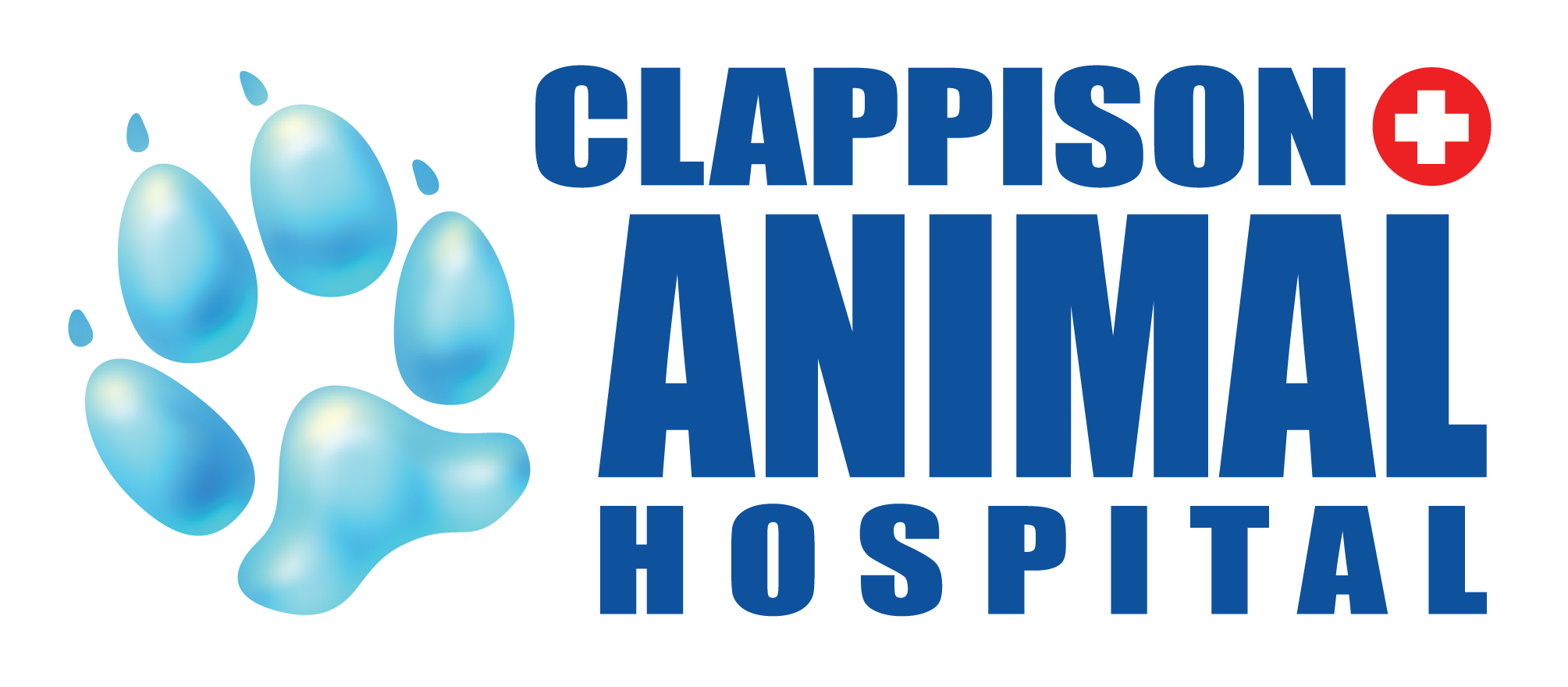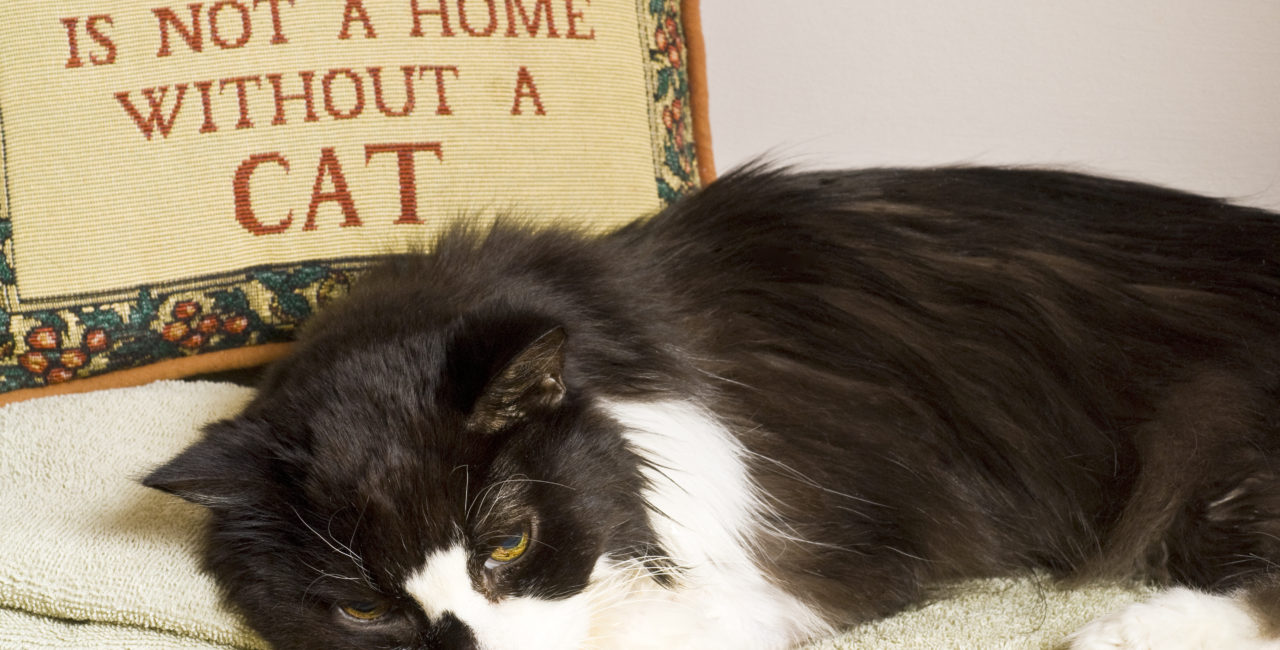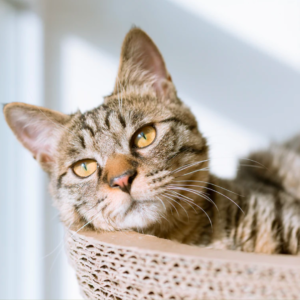A Bit of Background
Cats have a complicated life. Complicated in a ‘mental health’ kind of way that is. We all think of cats, at least in their outdoor setting, as being natural, merciless hunters…stalking, calculating, running, catching and killing little animals. They seem fearless and confident. But all is not as it appears. Domestic cats are hunted by carnivores larger than themselves. Because of this, their existence consists of equal parts hunting and being hunted. In order to survive, they do not want to appear vulnerable. If you are vulnerable you may be the next menu item!
Thanks for the Biology Lesson Darwin, But How Does That Apply to Our Cat Patients ?
Very simple. Our domestic cats try to hide illness for as long as possible. This means that by the time an owner notices something is different about their cat’s behaviour, the problem has likely existed for a while (a few days, or even a few weeks). This, in turn, means that a disease process may be advanced by the time an owner recognizes something is wrong and takes them to the animal hospital.
Keep an Eye Out For These Signs and Seek Advice From Us if They are Present:
- Increased sleeping
- Decreased appetite
- Changes in routine/patterns of behavior
- Urinating or defecating outside of the litter box
- Anti-social behavior/hiding more
- Reduced or excessive grooming, matted hair coat,
- Decreased (or occasionally increased) vocalization
- Moving slowly and cautiously or sitting/standing in unusual or awkward positions
- Breathing through mouth/panting
It is important to contact our medical team if you are noticing any of these symptoms with regularity. They could represent the beginning of a major medical problem. Early diagnosis and intervention can have a significant impact on the prognosis in many cases.




